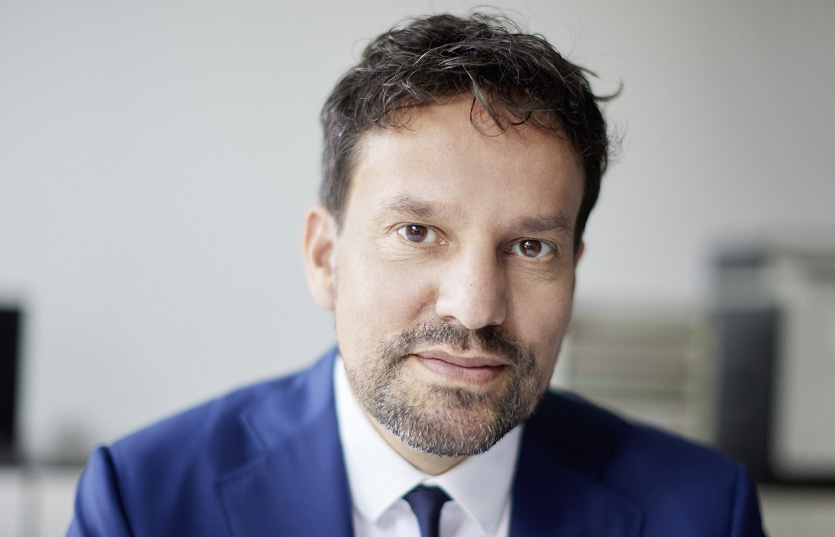Preconditions for granting a license to operate a temporary employment agency
Temporary employment agencies require a license in Germany (read more…). Apart from the absence of grounds for denial which are reflected by the applicant’s conduct (read more…), the applicant must also have appropriate legal and industry knowledge for the required reliability.
Legal and industry knowledge
Applicants without relevant experience in the temporary employment sector may also apply for a temporary employment permit. However, if the applicant does not have the required knowledge, so that it must be expected that he will not carry out his activities in accordance with the law, the license can then be denied.
The Federal Employment Agency (Bundesagentur für Arbeit) requires the applicant to provide evidence of basic knowledge of employment, social security and tax law and usually considers this requirement to be fulfilled if
- the applicant has a track record as a businessperson,
- the applicant has completed commercial training,
- the applicant has worked for several years in the HR department of a company,
- the applicant has attended a seminar on the subject of temporary employment,
- the applicant has participated in a course for business start-ups offered by the Chamber of Industry and Commerce (IHK) or a comparable course, or
- the company has been operating as a mixed company for a long time.
Practical tip
The Federal Employment Agency often insists on submission of a certificate of participation in a corresponding (also one-day) training course. This certificate is often sufficient for the Federal Employment Agency as proof of the required knowledge.
Sound economic situation
The temporary employment agency must be able to fulfil its obligations to pay wages, social security contributions and taxes. Liquid funds of €2,000 per temporary employee must be provided for each temporary employee, however, a minimum of €10,000. Proof of guarantees or loan commitments is sufficient.
As long as the company can be continued in accordance with sec. 22 (1) no. 2 or sec. 230 (1) of the Insolvency Statute (InsO, Insolvenzordnung), even the opening of insolvency proceedings does prevent the granting of the license.

